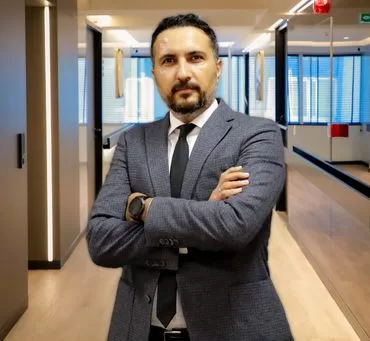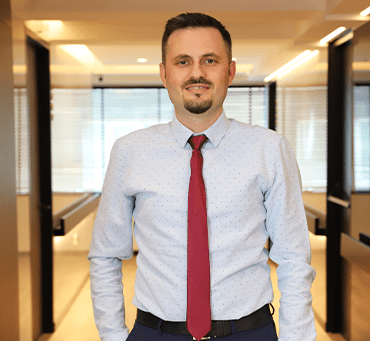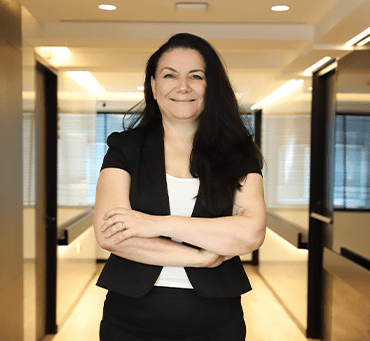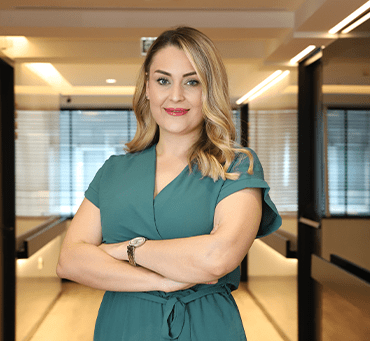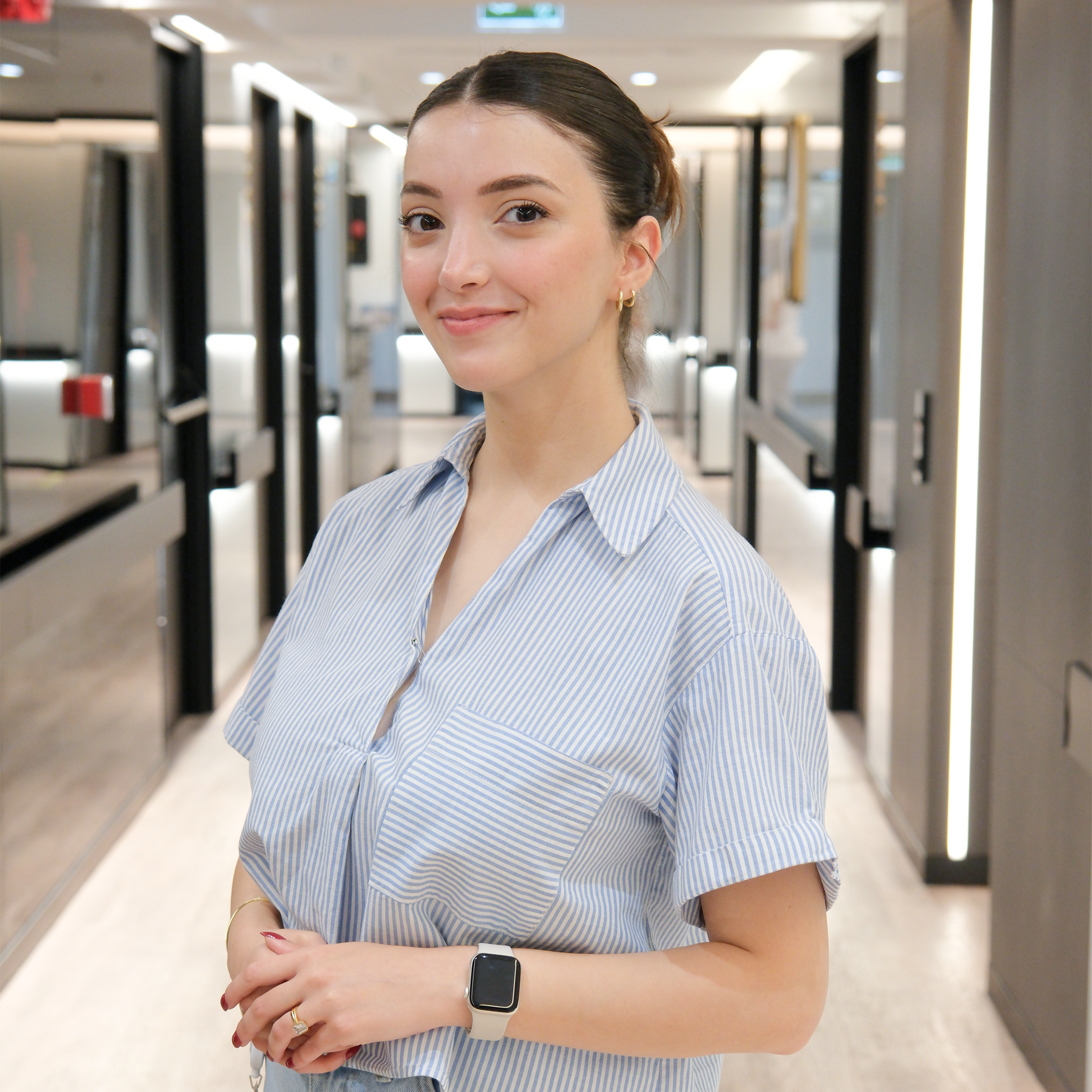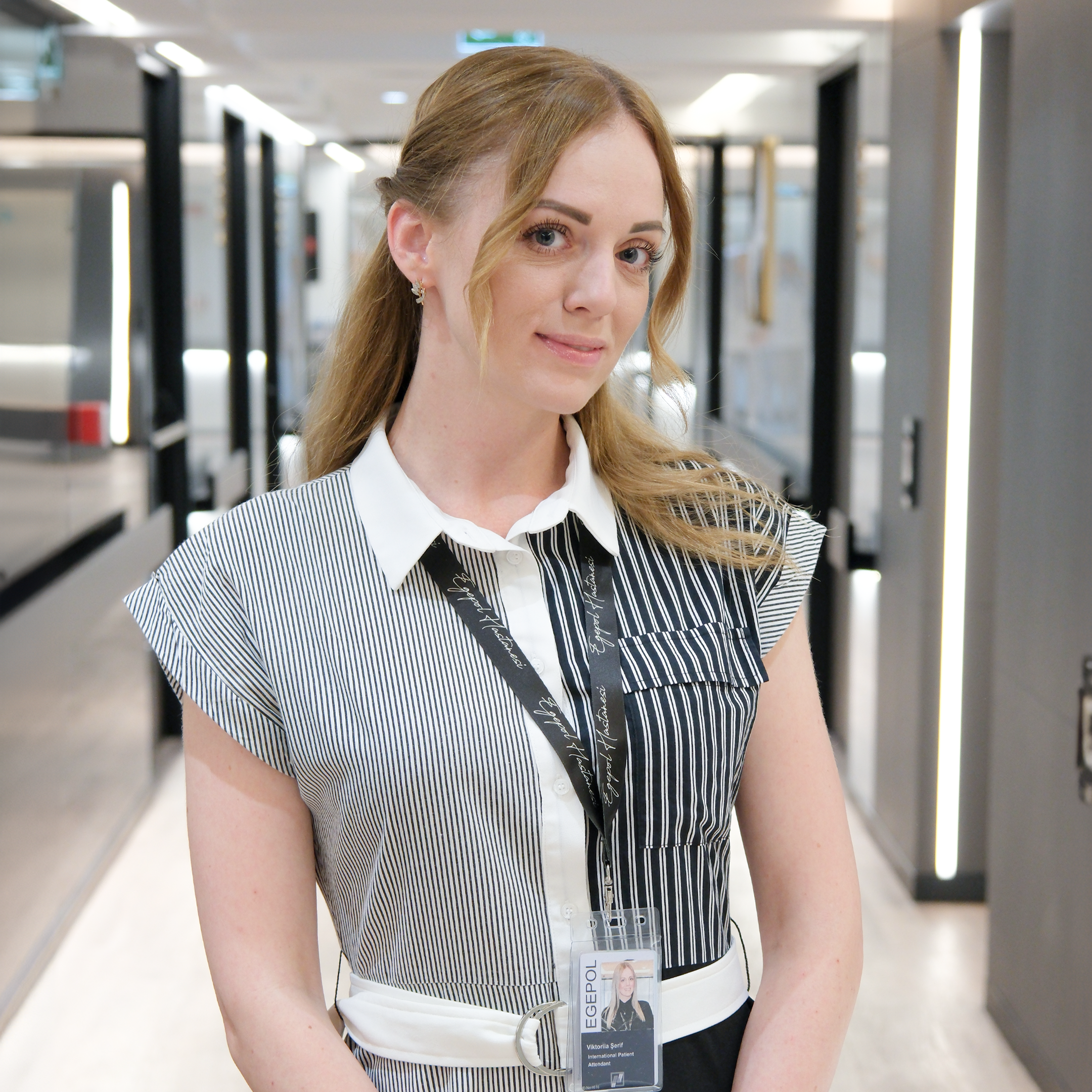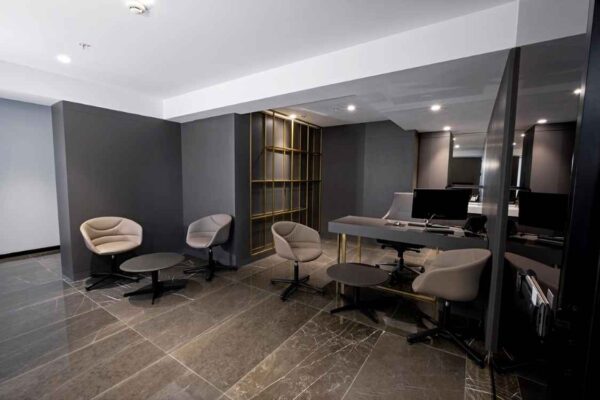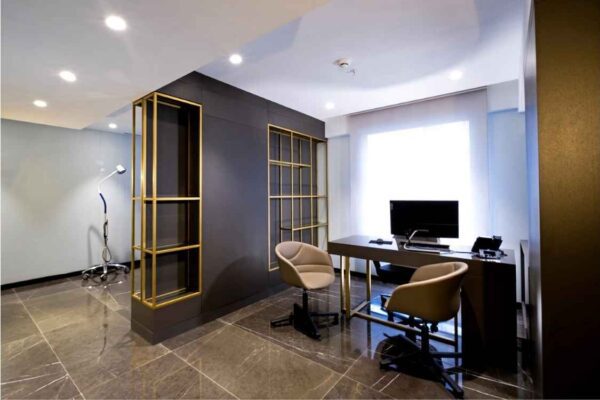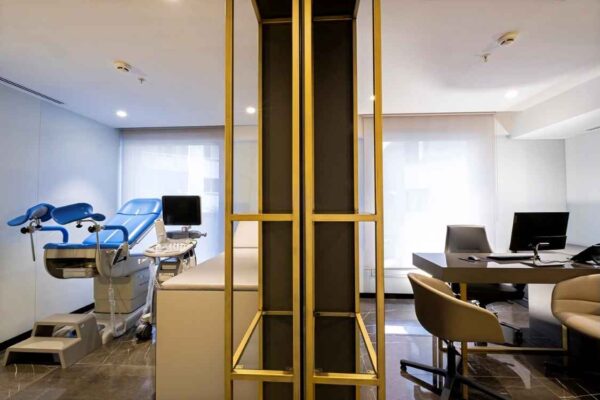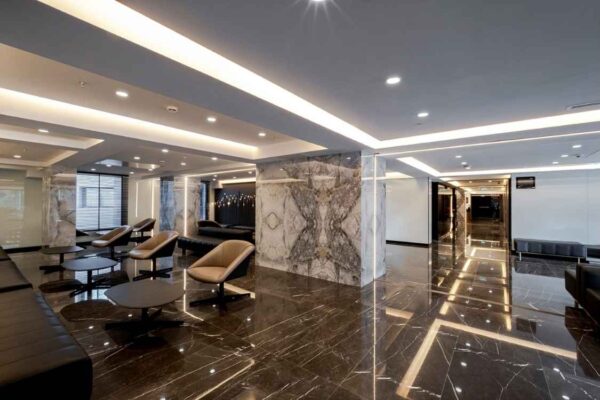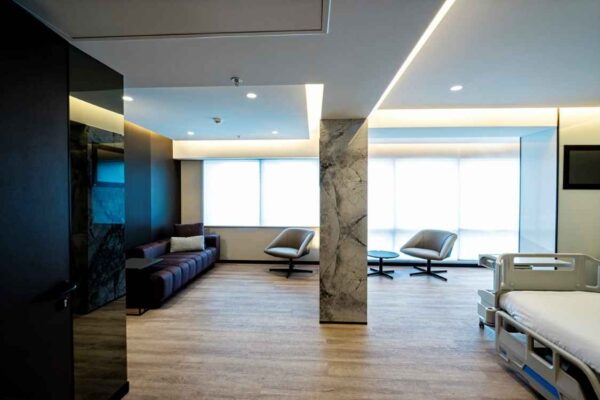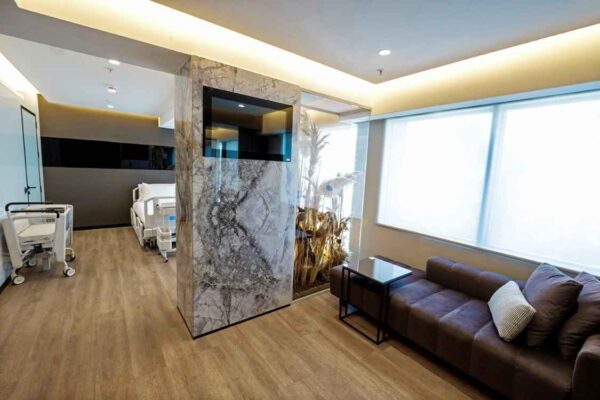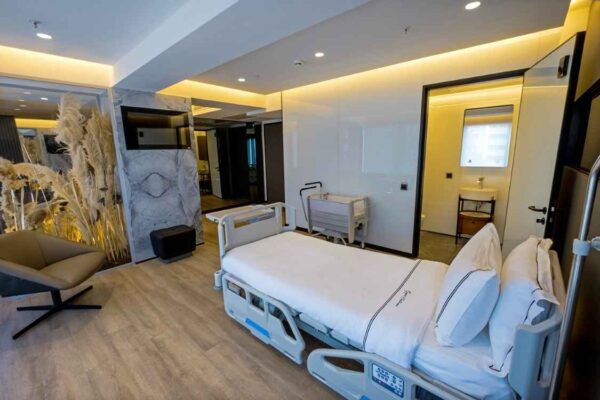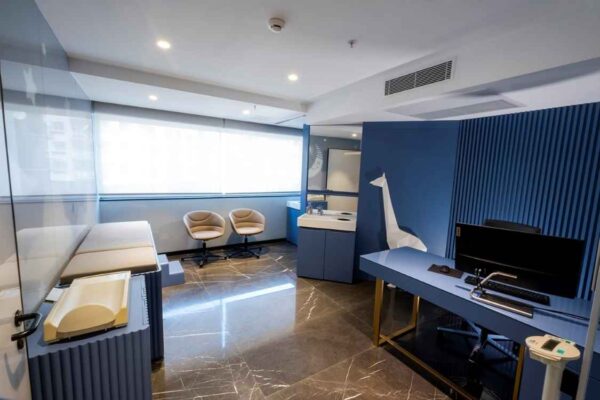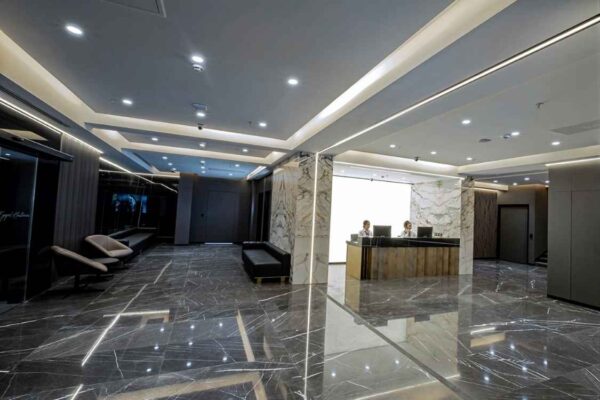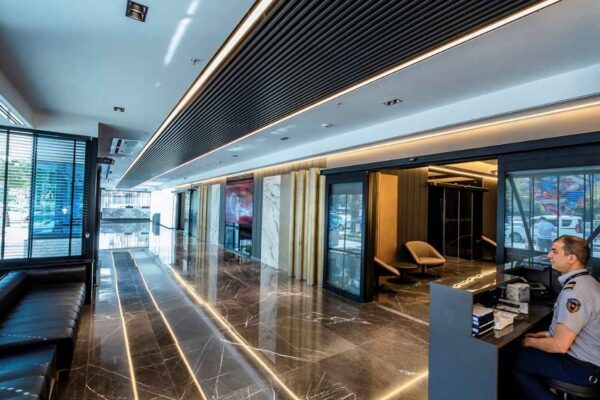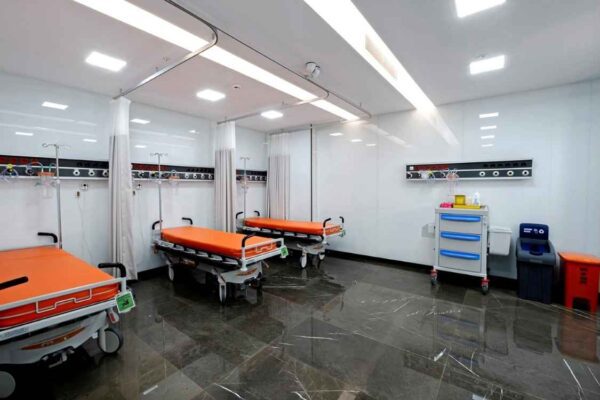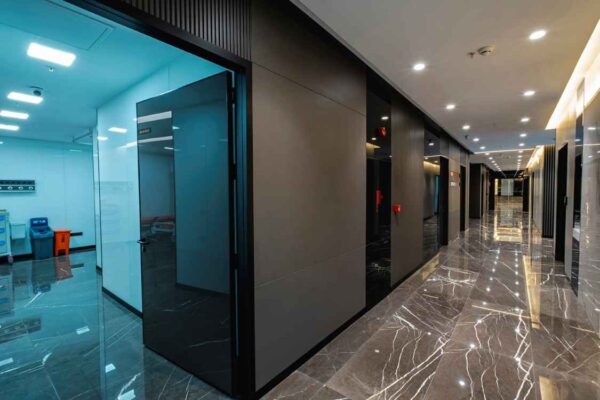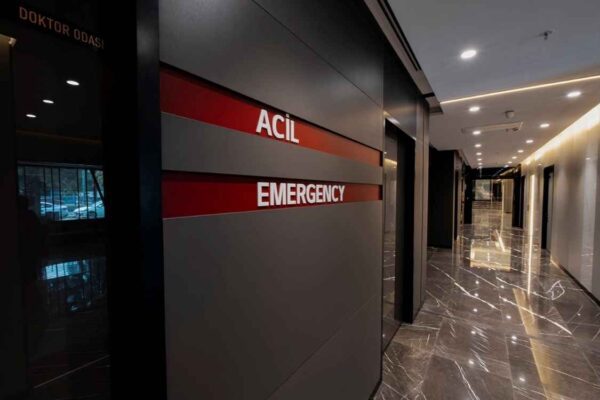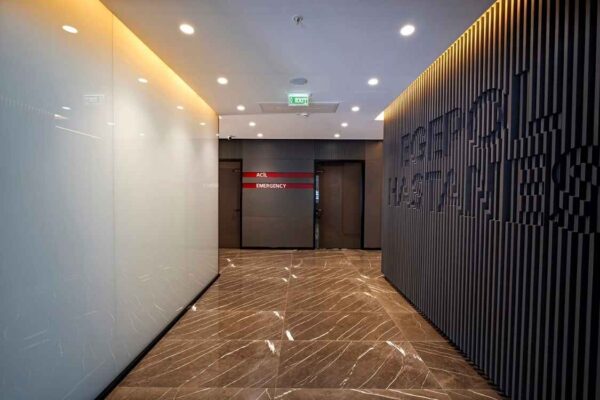Circumcision, or the surgical removal of the foreskin covering the penis head, is a practice with significant historical and cultural roots. This page gives a general overview of circumcision, including what it is, how it’s done, why it should be considered in Turkey, and the risks involved with having it done there.
What is Circumcision?
The foreskin, a fold of skin covering the head of the penis, is removed during the surgical process known as circumcision. Usually, it is done for therapeutic, spiritual, or cultural purposes. While it is frequently performed during infancy or youth, circumcision can also be performed as an adult.
Along with having cultural and religious importance, circumcision may also have health benefits. According to research, circumcision can lessen the risk of penile cancer, some STIs in adulthood, and urinary tract infections in children. It can also cut the risk of certain STIs in adults. In addition, circumcision may improve hygiene by making it simpler to clean the genital region. Although the decision to undergo circumcision is a personal one, people and parents frequently take these health aspects, as well as cultural and religious views, into consideration.
How is Circumcision Performed?
The following is how circumcision is normally carried out:
- Preparation: In order to lower the risk of infection, the patient is pleasantly positioned, and the vaginal area is sterilized.
- Anesthesia: To numb the area and lessen discomfort, local anesthetic is applied.
- Circumcision: Using surgical tools, the physician delicately removes the foreskin, exposing the penis.
- Closure: Dissolvable stitches or adhesive substances may occasionally be used to close a wound.
- Recovery: Following the procedure, patients are watched over for a brief period of time before being allowed to go home. It typically takes a few days to a week to fully recover.
Why Should Circumcision Be Considered in Turkey?
- Cost-Effective Option: When compared to many Western nations, Turkey offers circumcision services at a substantially lesser cost. It is a desirable choice for individuals looking for circumcision services due to its accessibility.
- European Standards of Healthcare: Turkey has a healthcare system that complies with European standards, including up-to-date medical facilities, cutting-edge technology, and highly qualified medical staff.
- Medical Education Excellence: Turkish medical schools are known around the world for generating highly qualified and competent medical professionals. Turkish doctors’ skill is respected by their patients.
Is Circumcision in Turkey Safe?
Yes, circumcision in Turkey is safe, and there are several reasons why:
- Stringent Standards: Turkish healthcare facilities must meet stringent quality and safety requirements to guarantee that patients receive the best possible care.
- Advanced Technology: Modern medical technology and equipment are available in Turkish hospitals, allowing for precise and successful surgical procedures.
- Experienced Medical Professionals: Medical specialists with Experience: Turkey has a wealth of skilled and knowledgeable medical specialists who are experts at performing circumcision treatments.
- Multilingual Healthcare: Healthcare in several languages is widely available in Turkey, making it accessible to patients from other countries.
Conclusion
Circumcision is a surgical operation that has important cultural and medical implications in many regions of the world. People seeking circumcision services are drawn to Turkey because of its affordable healthcare options, European standards, and highly qualified medical personnel.
Patients from all over the world choose circumcision in Turkey because of its dependability and effectiveness, which gives those thinking about it peace of mind. If a patient chooses Turkey for circumcision, they may anticipate receiving top-notch medical care that is affordable and easily accessible.
FAQs
The local currency of the Republic of Turkey is the Turkish Lira. Our patients can convert their cash from exchange offices to Turkish Lira.
Our patients can withdraw money in Turkish Lira, Euro and Dollar through ATMs in Turkey. You can easily withdraw money with foreign language options available at ATMs.
Foreigners can use their own vehicles with the obligation to carry their own driver's license, vehicle license and passport with them. Vehicles are driven on the right side of the road in Turkey.
The sockets in Turkey are dual like the sockets used in Europe.
If you have your phone line open for use abroad before coming to Turkey, you can use your own operator as well as local GSM operators.
Our Team
Our Hospital
Atilla, Halide Edip Adıvar St.
No:57, 35270 Konak/İzmir




